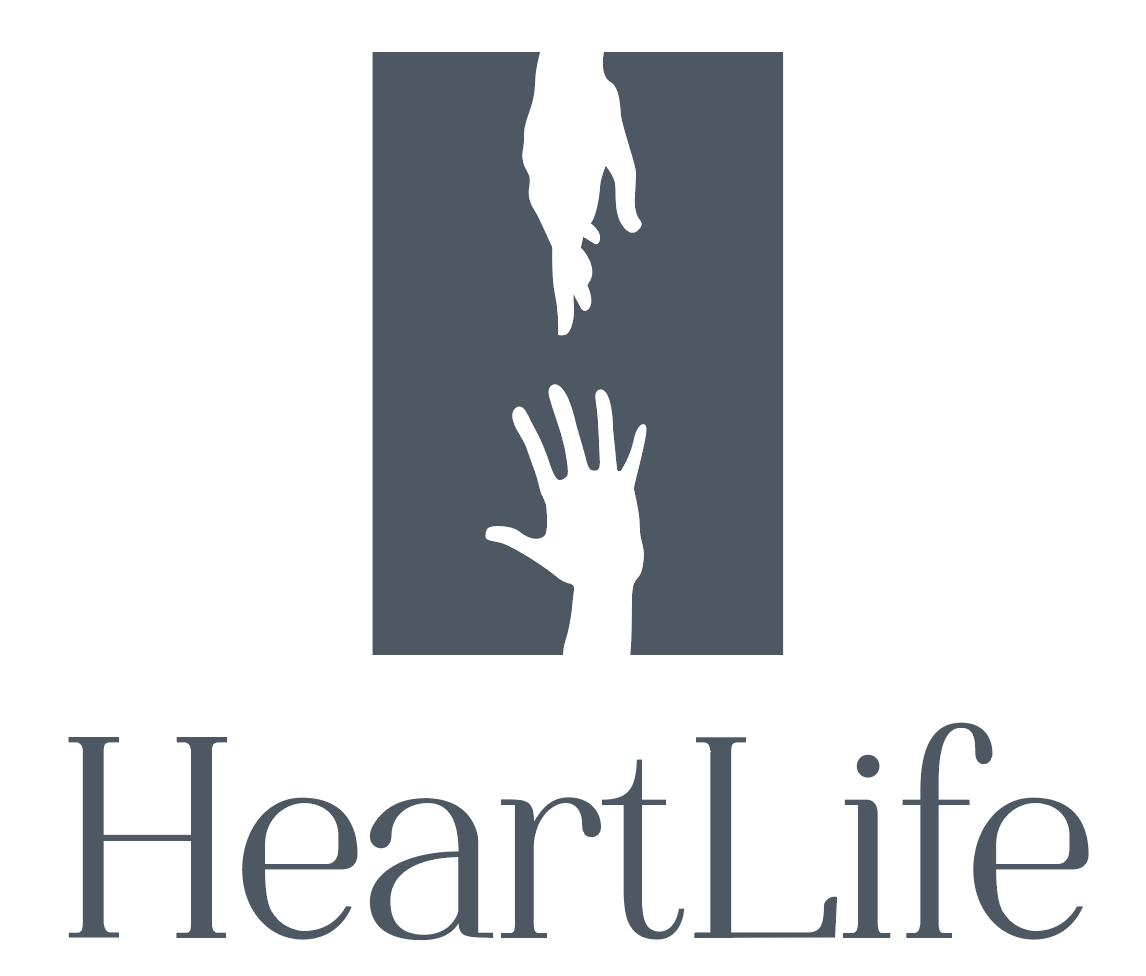What is Anxiety?
By Rachel Huff, MMFT, MCE, Licensed Brain Health Trainer
Anxiety is the most common mental illness in the United States, affecting almost 20 percent of the population, which equates to approximately 40 million people. Described as intense, excessive, and persistent worry and fear about real or perceived threats, anxiety focuses more on the future, while depression focuses more on the past. Often, people are diagnosed with both conditions.
Anxiety is more common among women rather than men; however, men are certainly not immune. A concerning fact, one-third of teens are affected by anxiety disorders, also afflicting more females than males. According to a National Comorbidity Survey, almost one-third of U.S. adults suffer from one of the following types of anxiety: panic disorder, generalized anxiety disorder, agoraphobia, specific phobia, social anxiety disorder (social phobia), post-traumatic stress disorder, obsessive-compulsive disorder, or separation anxiety disorder. And, in 2020, the Covid-19 global pandemic resulted in 53 percent of adult Americans reporting a decline in their mental health.
As a Bible believer and mental health provider, it burdens my heart that so many Christians believe it is exclusively a spiritual condition. So many different things contribute to the development of anxiety including genetics, trauma, medical conditions, prolonged exposure to stress, and medications.
What I do appreciate is the Bible has some clear anecdotes to help with anxiety. Philippians 4:6-7 is often quoted as the anxiety verses, but verse eight is so important.
“Finally, brothers and sisters, whatever is true, whatever is noble, whatever is right, whatever is pure, whatever is lovely, whatever is admirable—if anything is excellent or praiseworthy—think about such things.”
Practicing gratitude creates new neurological connections in the brain that combat anxiety. It also activates dopamine, which is a neurotransmitter that makes you feel good. Spend a few minutes every day being grateful. God said it first; science said it second!
Exercise is also a great remedy for anxiety and depression. Some studies have found it can be equally as effective in reducing anxiety and depression as leading medications.
If you or your child is struggling with anxiety, you are not alone! There is so much help available, yet only 36 percent of people suffering from anxiety seek help. There are many ways a therapist can help you in overcoming and regulating your anxiety. The first step is recognizing you need help. If you are struggling, please give us a call at 901.756.5788 or email us at frontdesk@heartlifesoulcare.org. We would love to help you!
Statistics:
Almost 1/3 of US adults suffer from one of the following anxiety disorders: panic disorder, generalized anxiety disorder, agoraphobia, specific phobia, social anxiety disorder (social phobia), post-traumatic stress disorder, obsessive-compulsive disorder, or separation anxiety disorder. (National Comorbidity Survey)
Teenage anxiety statistics indicate that anxiety disorders are more prevalent among female teenagers (38%) than male teenagers (26%). (National Comorbidity Survey)
Anxiety is highly treatable, but only 36% of people with an anxiety disorder seek treatment.
Sources:
Facts & Statistics | Anxiety and Depression Association of America, ADAA
Anxiety disorders - Symptoms and causes
Exercise more effective than medicines to manage mental health, study shows


